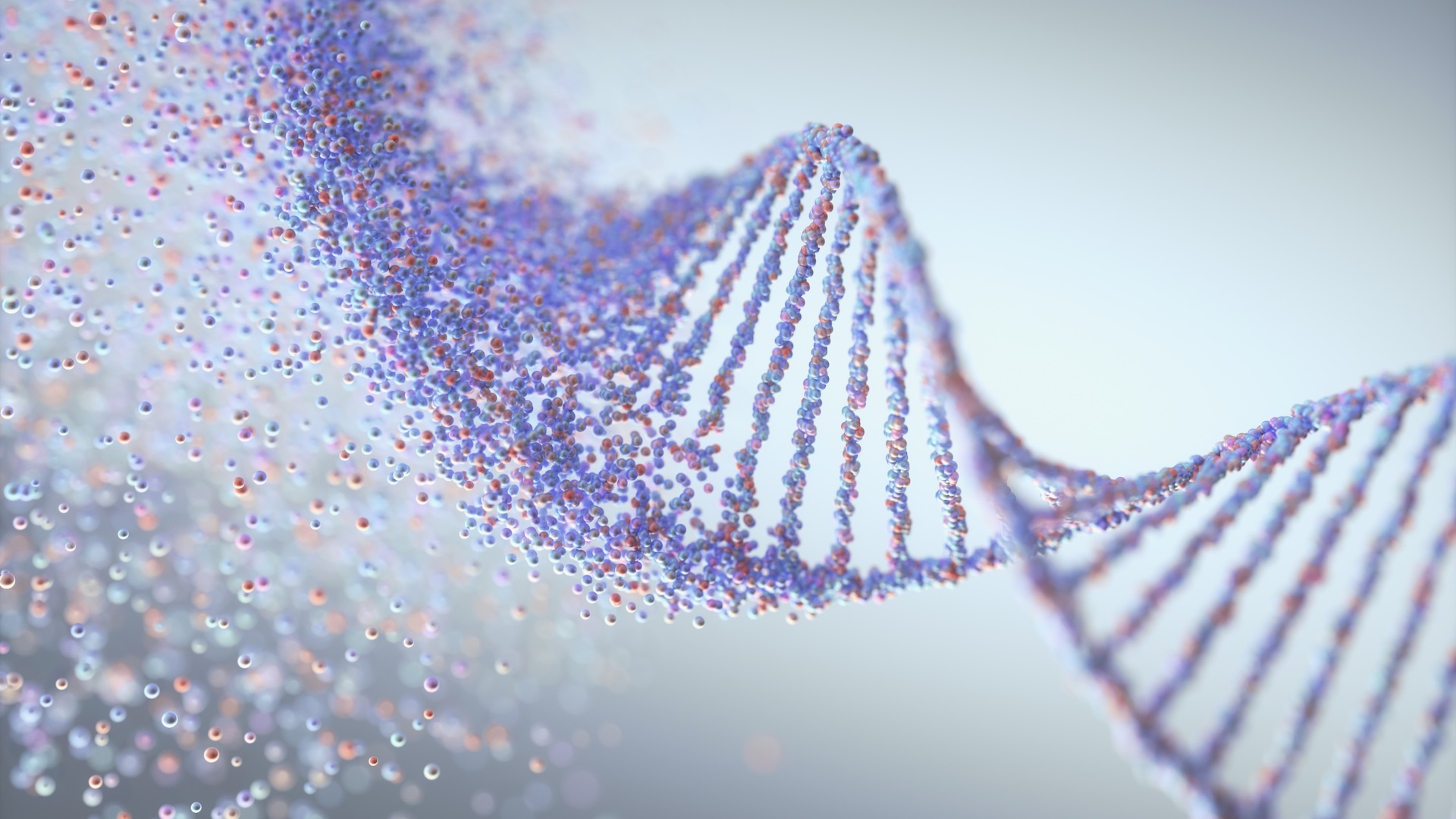DNA and Genes
Latest about Genetics
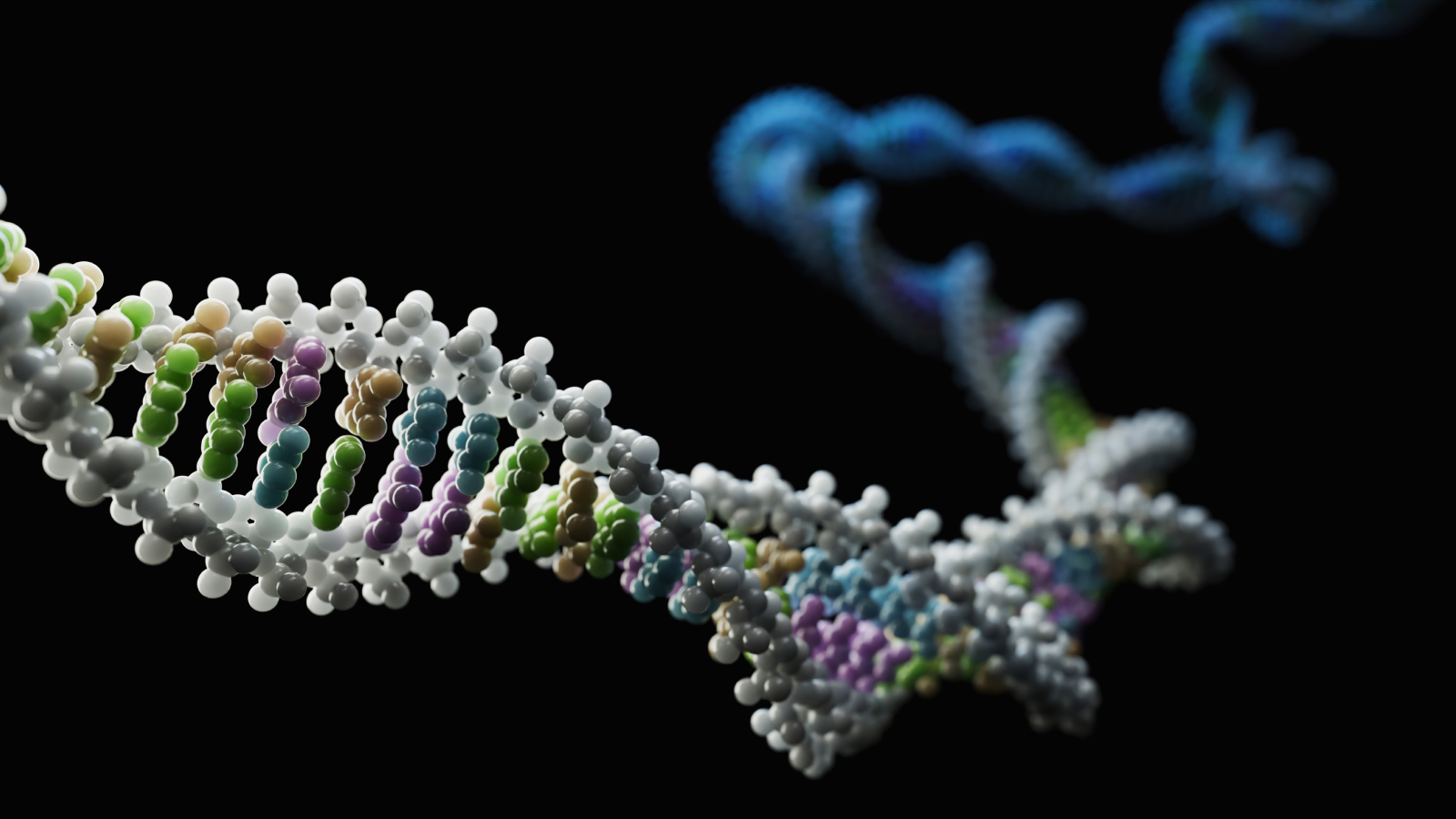
Scientists just rewrote our understanding of epigenetics
By Jennifer Zieba published
DNA and RNA epigenetics, once thought to be separate, have now been found to work together to fine-tune gene expression.
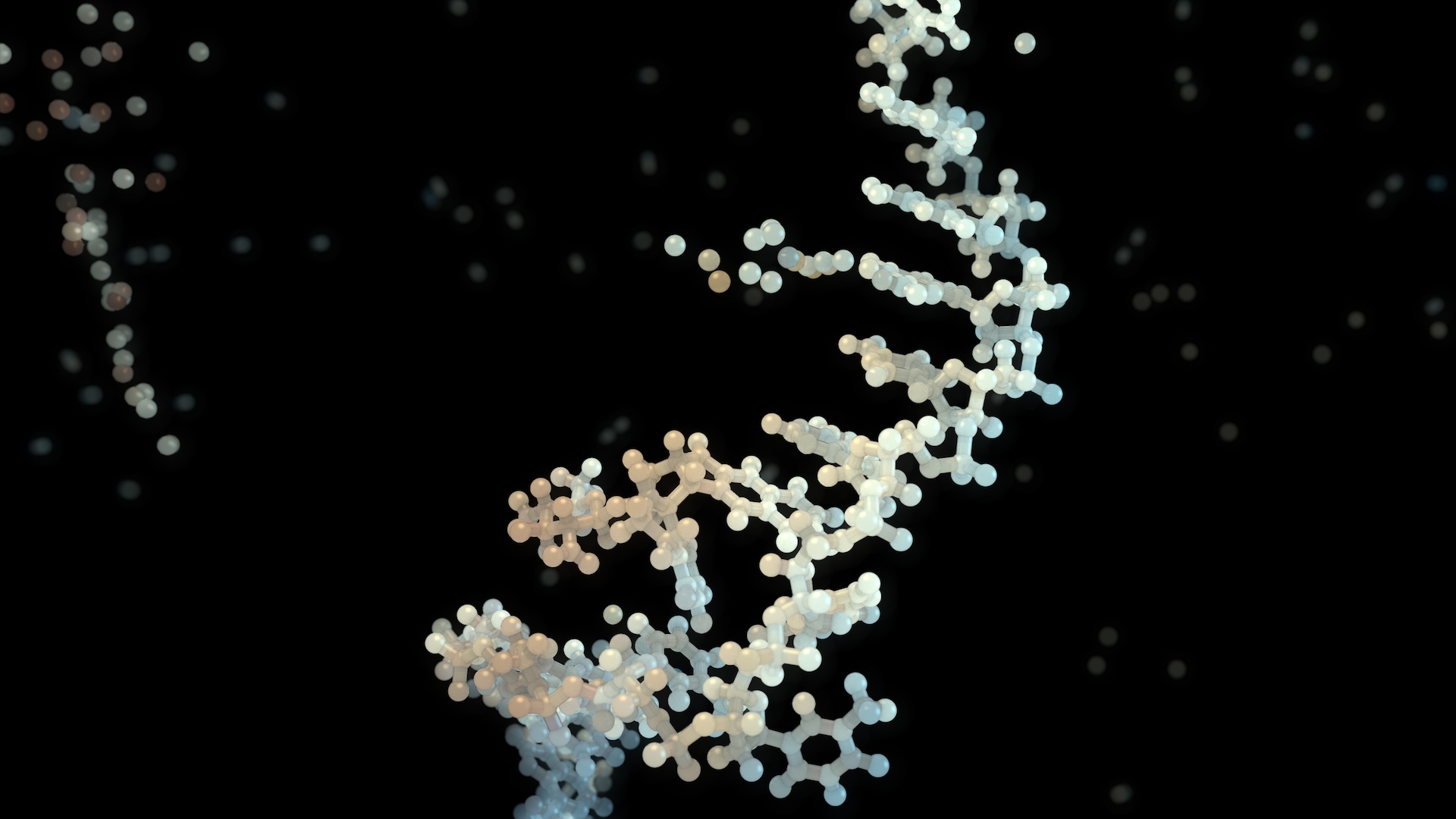
Massive study of 3 million people reveals genetic 'hotspots' linked to bipolar disorder
By Sibani Ram published
A new study has greatly expanded the number of gene variants thought to be tied to bipolar disorder.
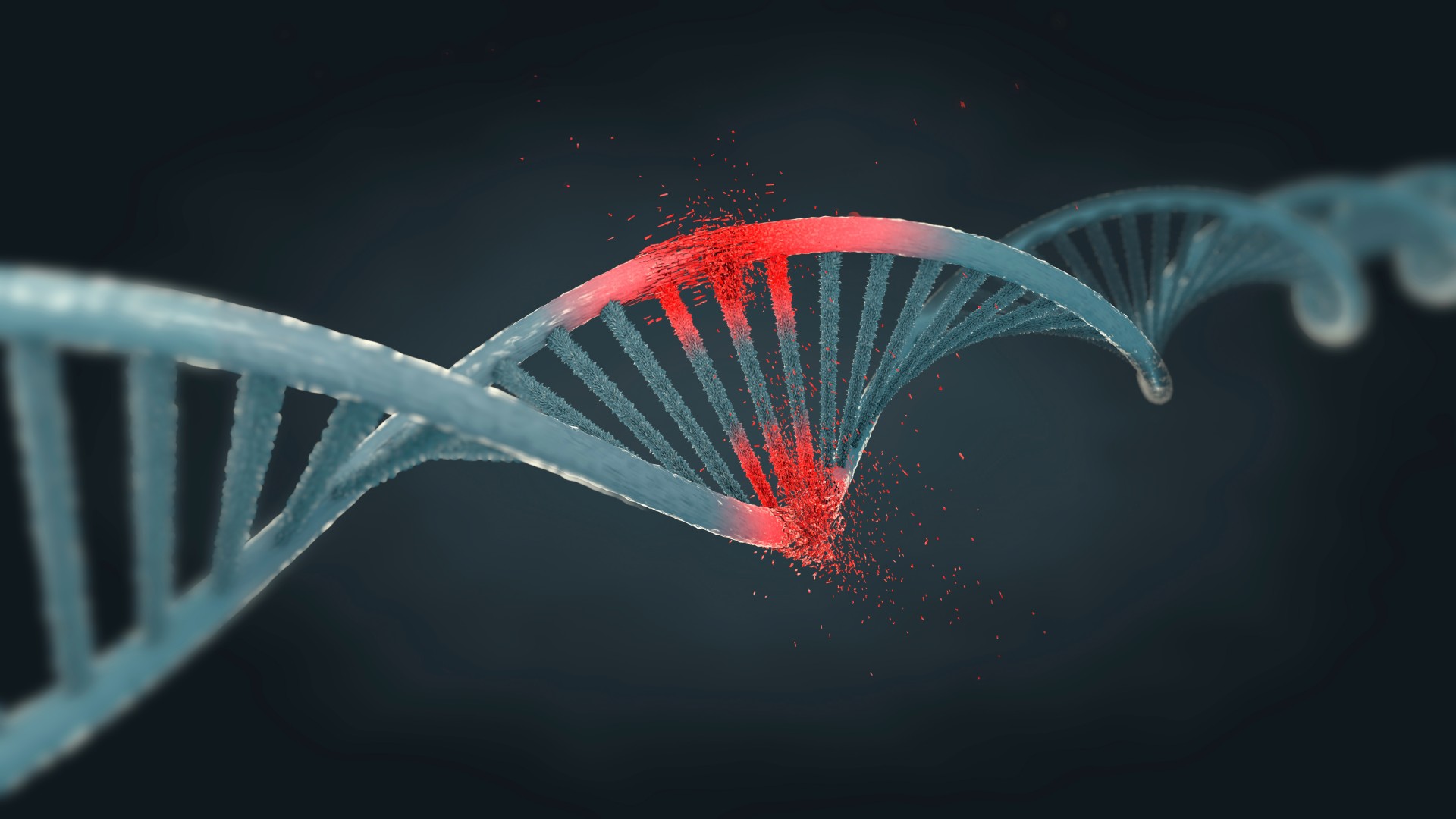
People with this rare genetic condition can't repair damage to their DNA
By Emily Cooke published
LIG4 syndrome is an exceptionally rare disorder caused by a genetic mutation that prevents the body from repairing damaged DNA.

IVF may raise risk of certain disorders in babies — and epigenetic 'signatures' in the placenta could explain why
By Jennifer Zieba published
Researchers identified genes that could explain why some assisted reproductive technologies, like IVF, carry a higher risk of growth and metabolic issues in offspring.
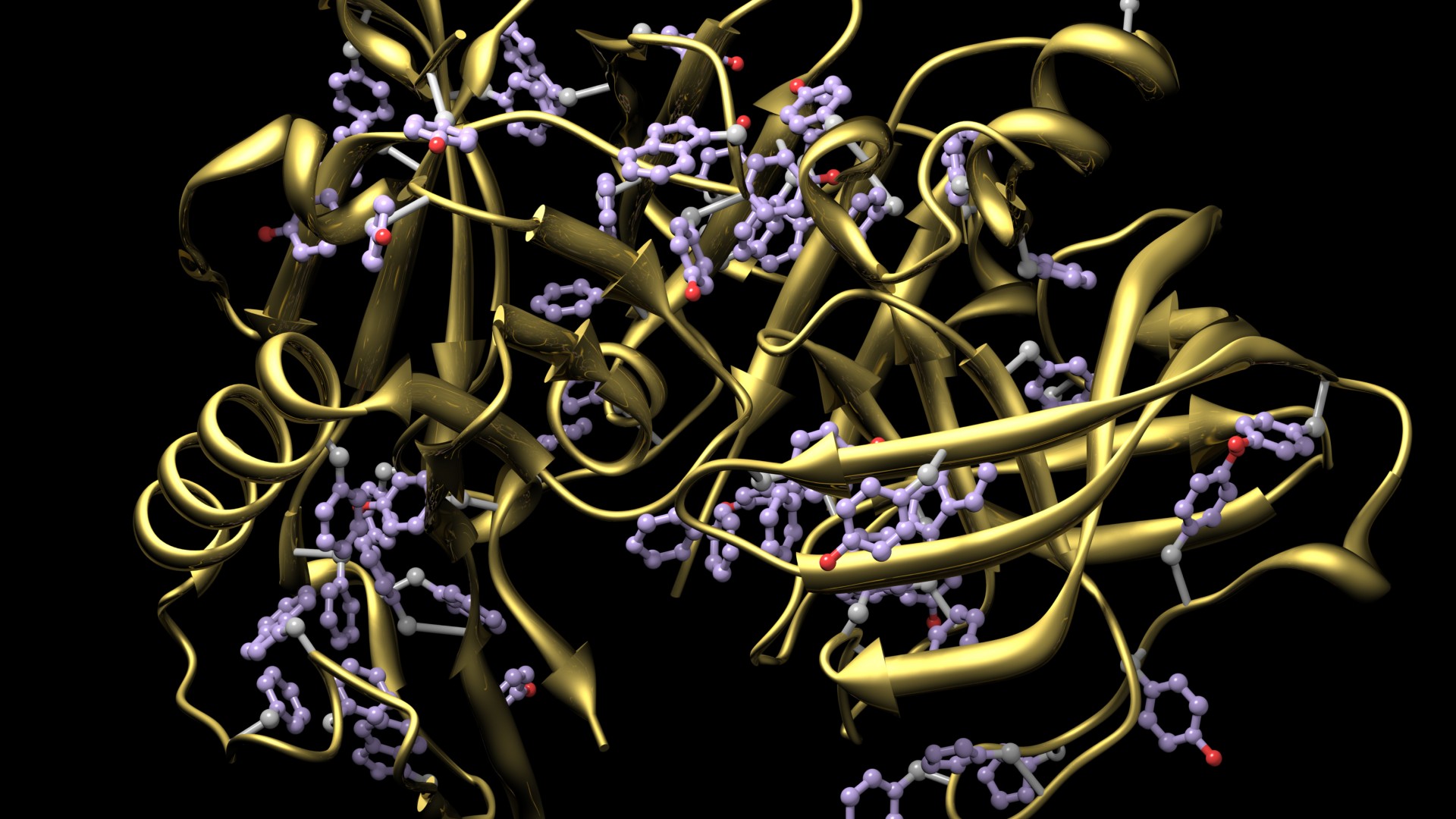
1st-of-its-kind database reveals how DNA mutations 'destabilize' proteins, triggering genetic disease
By Emily Cooke published
A new mega-database of half a million mutations may flag new ways of treating genetic disease, scientists say.
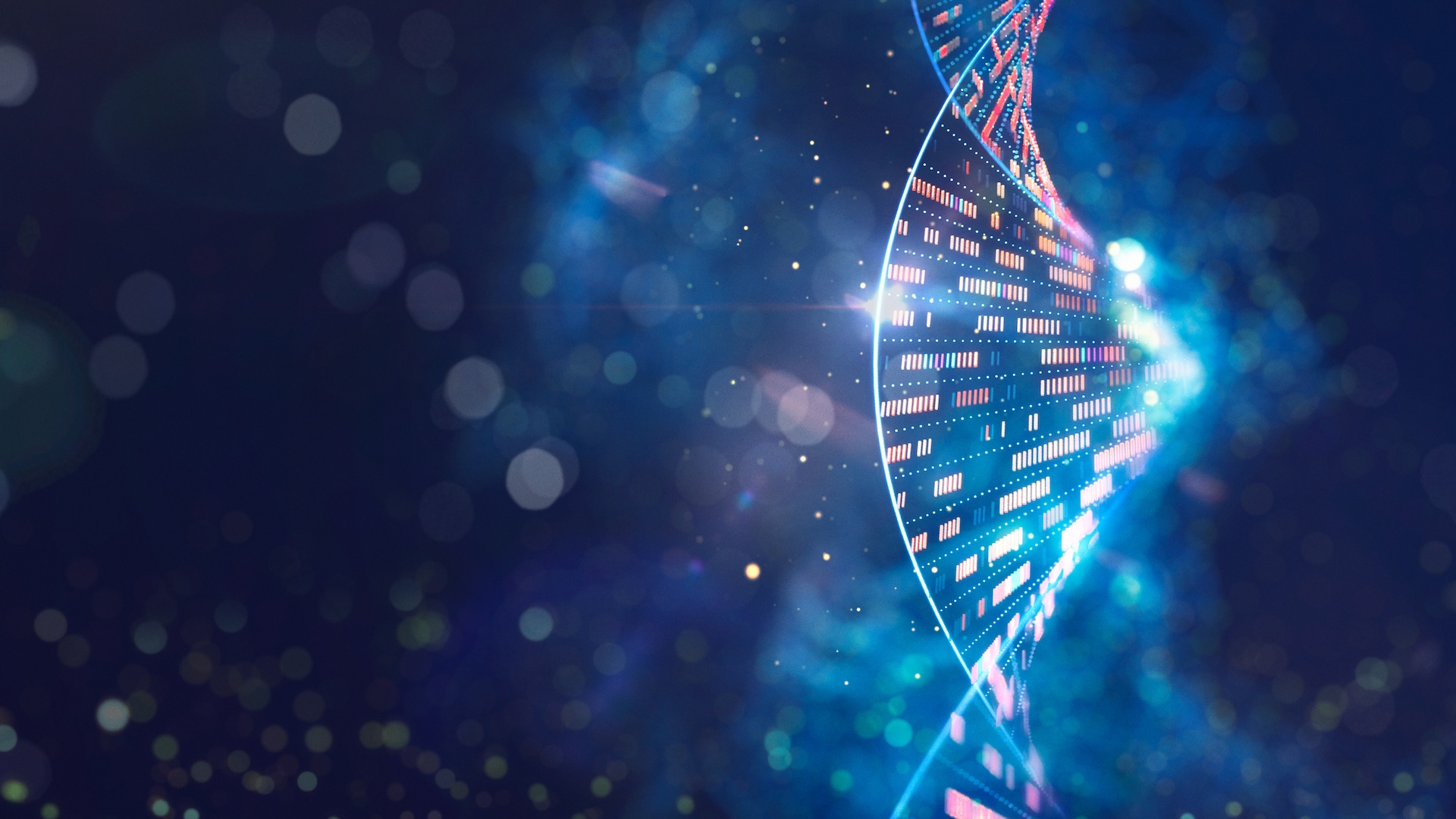
How do DNA tests tell if two people are related?
By Skyler Ware published
How can DNA from a cheek swab determine if someone is closely related to you?
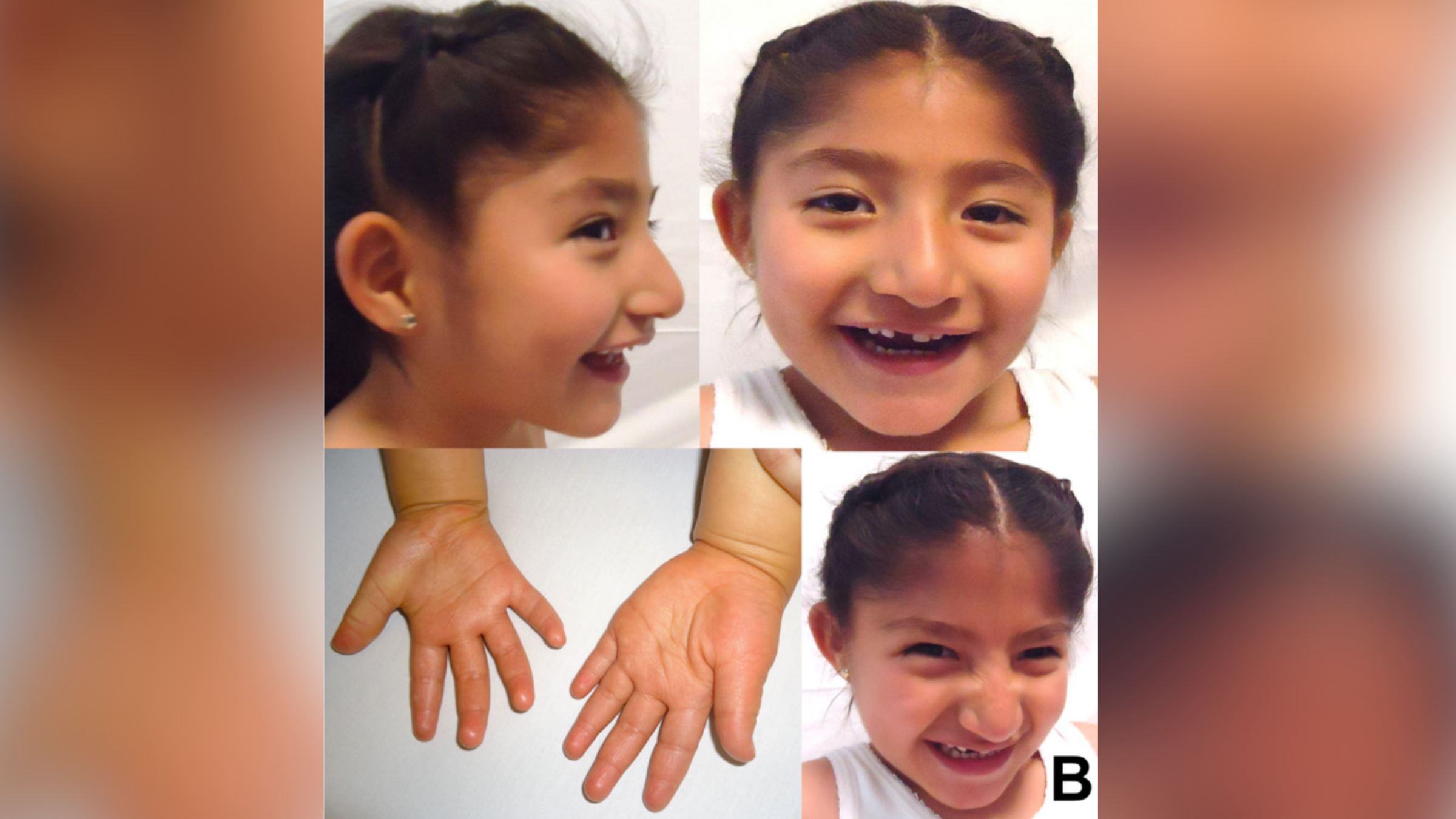
Angelman syndrome: A disorder that stops people walking and speaking
By Emily Cooke published
Angelman syndrome is a rare disease that disrupts the normal development and function of cells, particularly in the nervous system, leading to severe developmental delays and learning disabilities.

Scientists reveal genes that make cats orange
By Lluís Montoliu published
Two new studies have revealed why some cats are orange — an enduring enigma of genetics, until now.
Sign up for the Live Science daily newsletter now
Get the world’s most fascinating discoveries delivered straight to your inbox.
